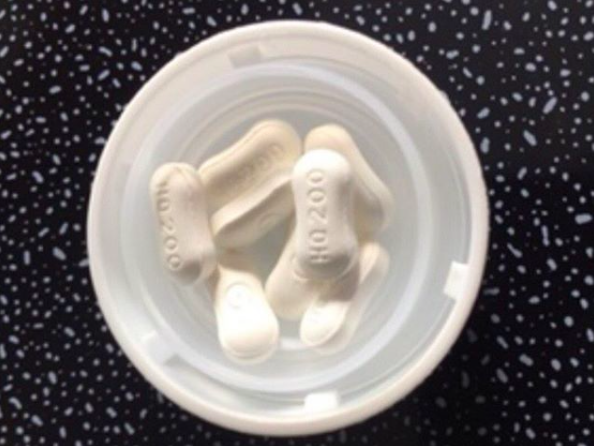Hydroxychloroquine and Retinal Safety: New Guidelines
Eye Checks for Hydroxychloroquine Users: Second Exam for Most is at Year 5
Hydroxychloroquine (Plaquenil, etc) is an oral immunomodulating medication that is used in the field of hair loss for a range of immunological conditions including lichen planopilaris, discoid lupus, frontal fibrosing alopecia and pseudopelade.
One of the most worrisome side effects of hydroxychloroquine is eye damage in the form of “retinopathy”. The risk overall is still low. A recent review in 2016 by the American Academy of Ophthalmology stated that the risk of retinopathy was 1 % after 5 years of use and 2 % after 10 years of use. At 20 years the risk rises to 20 % but if a person has shown no evidence of retinopathy by that time the risk of conversion increases by only 4 % per year after that.The risk of retinopathy is dependent on dose and duration of treatment. Other factors like renal disease and use of tamoxifen increase the risk as well.
New Guidelines from the American Academy of Ophthalmology indicate that a second examination 5 years after the initial baseline examination is appropriate for most hydroxychloroquine users.
The recommended dose of Plaquenil has decreased slightly in recent years and is currently recommended not to exceed 5 mg per kg daily of actual (real) body weight. Many people I see in my practice come in on the wrong dose and 200 mg twice daily may not be right for everyone. It is important to note that the American Academy of Ophthalmology no longer supports follow up eye examinations every 6-12 months as were done in the past. This has been deemed far too often.
The actual recommendations from the AAO are for a baseline fundus examination to be performed to rule out preexisting maculopathy. Thereafter, the AAO recommends to begin annual screening after 5 years for patients on acceptable doses and without major risk factors.
Reference
American Academy of Ophthalmology. Recommendations on Screening for Chloroquine and Hydroxychloroquine Retinopathy - 2016
This article was written by Dr. Jeff Donovan, a Canadian and US board certified dermatologist specializing exclusively in hair loss.

